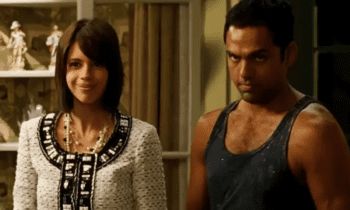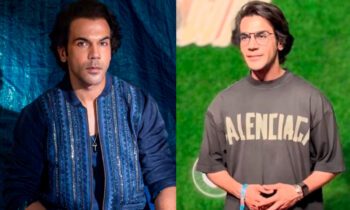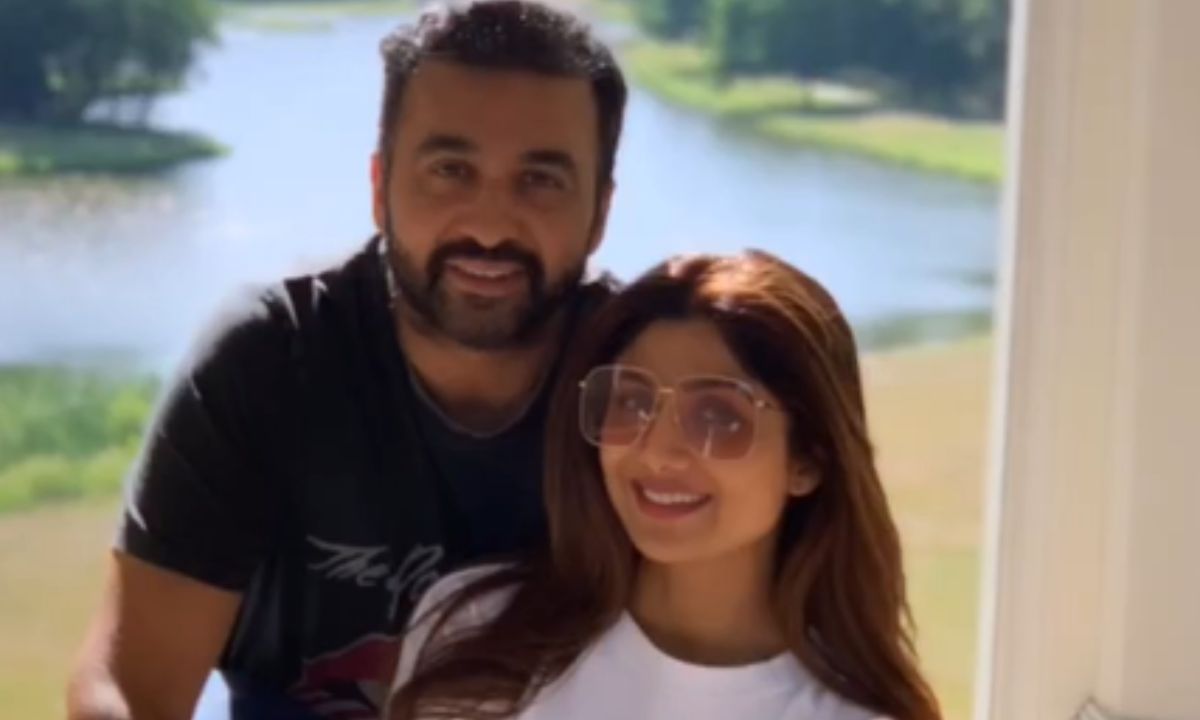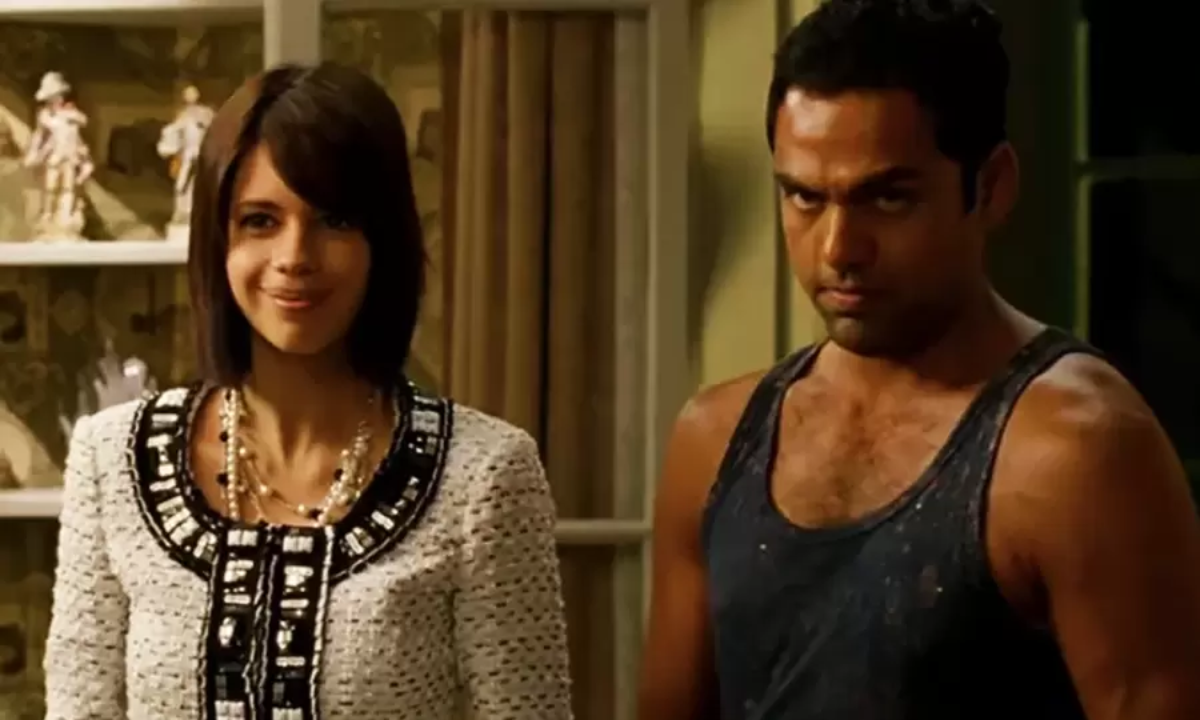Gujarat High Court On Marital Rape: Marriage Is Not Irrevocable Consent, High Time To Reconsider

The Gujarat High Court has made a landmark statement in the history of the Indian legal system. While admitting a petition on the constitutional nature of marital rape and making it an offence punishable by law, the Gujarat HC made a statement that has all the feminists cheering for it. Speaking about the PIL, the court stated that if marriage gives the husband the right to rape, then it is a blot on the institution of marriage while adding that marriage does not mean that the woman gives her irrevocable consent to sexual intercourse.
Hearing the petition, the bench of Justices JB Pardiwala and Niral R Mehta said, “By marrying, no woman consents to her husband committing forcible sexual intercourse on her. The solemnisation of marriage implies at best an understanding that the couple would have a consensual sexual relationship as part of their married life, not an understanding that the husband can force the wife into the act at his whim and against her consent.”
While passing the order in the case, the court further added that the idea that marriage takes away a woman’s right to sexual autonomy has no legal standing and is ‘incompatible with our constitutional morality’. The bench further added, “It is high time that a writ court undertakes the exercise of considering, whether the Exception-2 to Section 375 of the IPC could be termed as manifestly arbitrary and makes a woman’s fundamental right to sexual autonomy a subject to the whims of her husband.”
Also Read: A Mumbai Court Ruled That Marital Rape Can’t Be Considered Illegal. This Is Shameful
The PIL filed in the Gujarat HC questions Exception 2 in Section 375 of the Indian Penal Code which states that sexual intercourse by a man with his own wife, provided that she is not under the age of 15 years, without consent does not amount to rape. The petitioner has claimed that this exception is a violation of a woman’s fundamental rights, namely Articles 14, 15, 19 and 21 of the Indian Constitution which refers to the right to live with dignity, right to personal liberty, right to sexual autonomy, right to reproductive choices, right to privacy, amongst others.
During the hearing, the advocate representing the petitioner shared that Sir Mathew Hale’s three-century-old principle that ‘by marrying, the woman gives her irrevocable consent to sexual intercourse with her husband and he cannot be guilty of rape’ is unconstitutional while adding that the doctrine has been rejected by Scotland as well as England. Agreeing with the advocate, the bench termed the principle ‘absurd, unreal and unacceptable’ in the new age and time.
The Gujarat High Court has sought a response from the state government as well as the Attorney General Of India by January 19.
In our country, marital rape continues to be rampant, mostly because the concept of consent is not understood adequately, and marriage is considered as a licence for the husband to treat the wife as a ‘property’ or someone he has unequivocal rights over. We’re glad that our courts are finally addressing this issue and taking a crucial stand to curb this pathetic belief system that destroys women’s lives.
Marital Rape Good Ground For Divorce Observes Kerala High Court


















